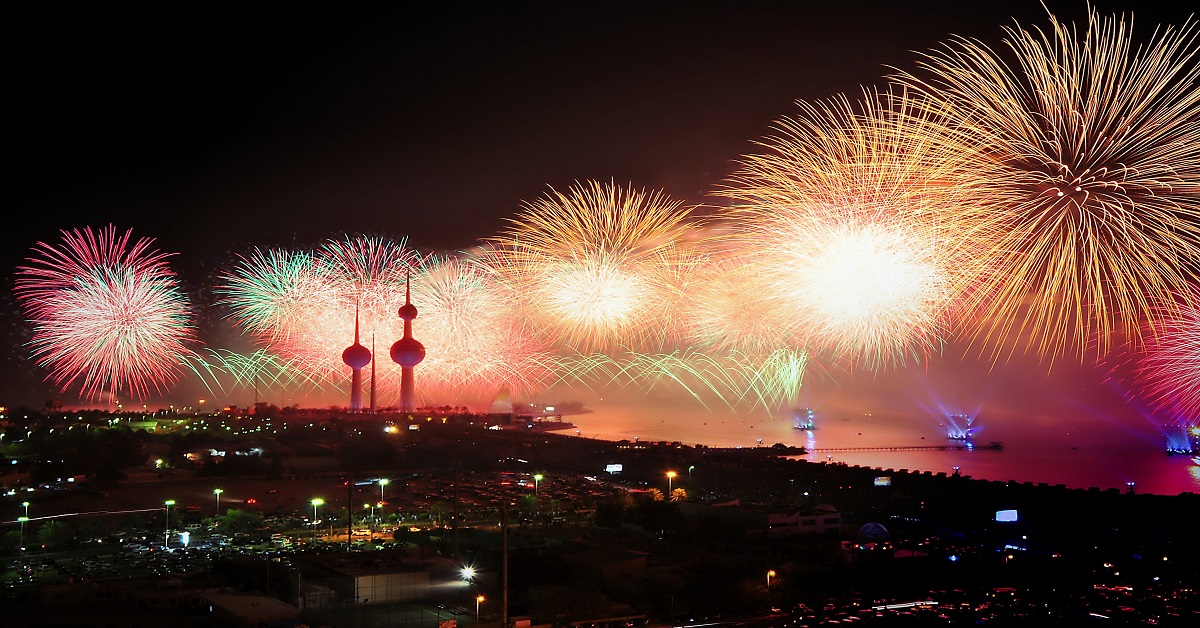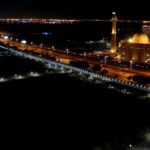Kuwait officially the State of Kuwait (Dawlat al-Kuwait), is a country in Western Asia. It is located in the northern edge of Eastern Arabia and at the tip of the Persian Gulf, it shares boundaries with Iraq and the Kingdom of Saudi Arabia. As per the latest data, Kuwait has a total population of 4.5 million of approximately 70% of the population are emigrants.
A large number of Crude Oil reservoirs were revealed in 1938. For the first time in 1946 crude oil was exported. For 50 years the country has undergone large-scale modernization which improved the financial conditions.
Language of Kuwait
Modern Standard Arabic is the official language of Kuwait. English is commonly understood and frequently used as a communication language. Kuwaiti Arabic is the variant of Arabic used in everyday life.
Currency of Kuwait
The Kuwaiti dinar (KWD) is the currency of Kuwait. It is sub-divided into 1,000 small denominations (fils). The Kuwaiti dinar is the highest-valued currency in the World.
Economy
Kuwait has a petroleum-based economy and is the main export product. The Kuwaiti dinar is the highest-valued unit of currency in the world because of its strong GDP. According to the World Bank, Kuwait is the seventh richest country and is the second richest Gulf Country Council country per capita while Qatar stands first. Petroleum products account for half of GDP and 90% of Kuwait’s income. Kuwait has crude oil reserves of about 104 billion barrels and holds approximately one-tenth of the world’s reserves.
Climate
March is warm with occasional storms. The common winds from the northwest are cold in winter and hot in summer. South-easterly moist winds blow between July and October. Hot and dry south winds triumph in spring and early summer. The northwest Shamal winds are very common during June and July leading to sandstorms. Summers records temperature up to 54 °C.
Education system
The state has the highest literacy rate in the Middle East Countries. The general education system comprises of four levels:
- The kindergarten (ends for 2 years)
- The kindergarten (ends for 2 years)
- The kindergarten (ends for 2 years)
- The kindergarten (ends for 2 years)
The Primary and intermediate level schooling is compulsory for all students 6 – 14 years of age. Most of the state education, including higher education, is free.
Governance
Kuwait is a constitutional self-governing state which has a semi-democratic political system. Kuwait’s constitution is the most liberal constitution in the Gulf Countries. It promises a wide range of civil freedoms and human rights. In comparison to other states in the area, the political process largely entertains constitutional provisions. Kuwait has a robust public jurisdiction.
Kuwait’s “civil law system” is based on the French legal system and is largely secular. Sharia law administrates only family law for Muslim residents and non-Muslims in Kuwait have a secular family law. For the request of family law, there are three distinct court sections: Sunni, Shia, and non-Muslim. The state has the largest opera house in the Middle East.




Hi